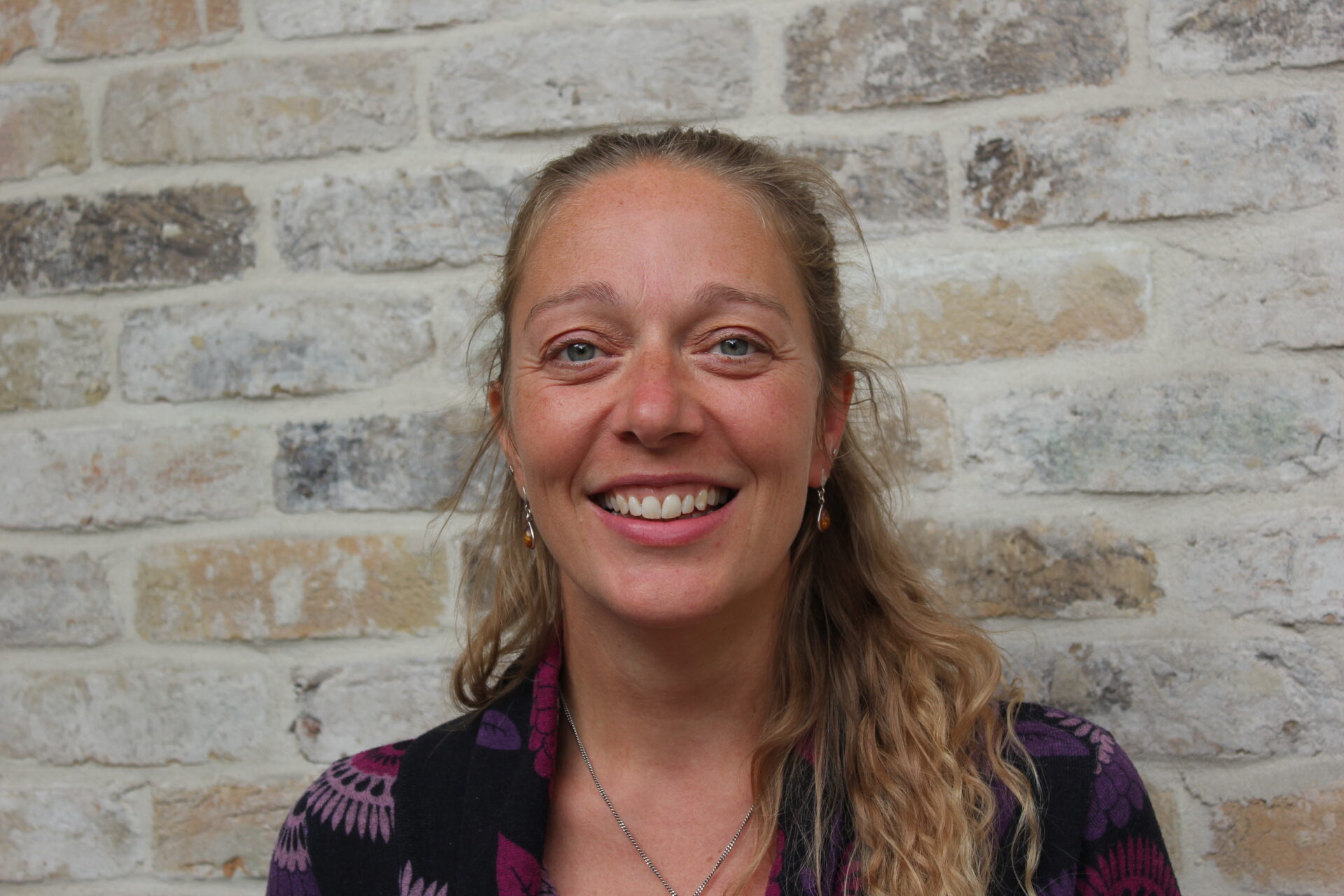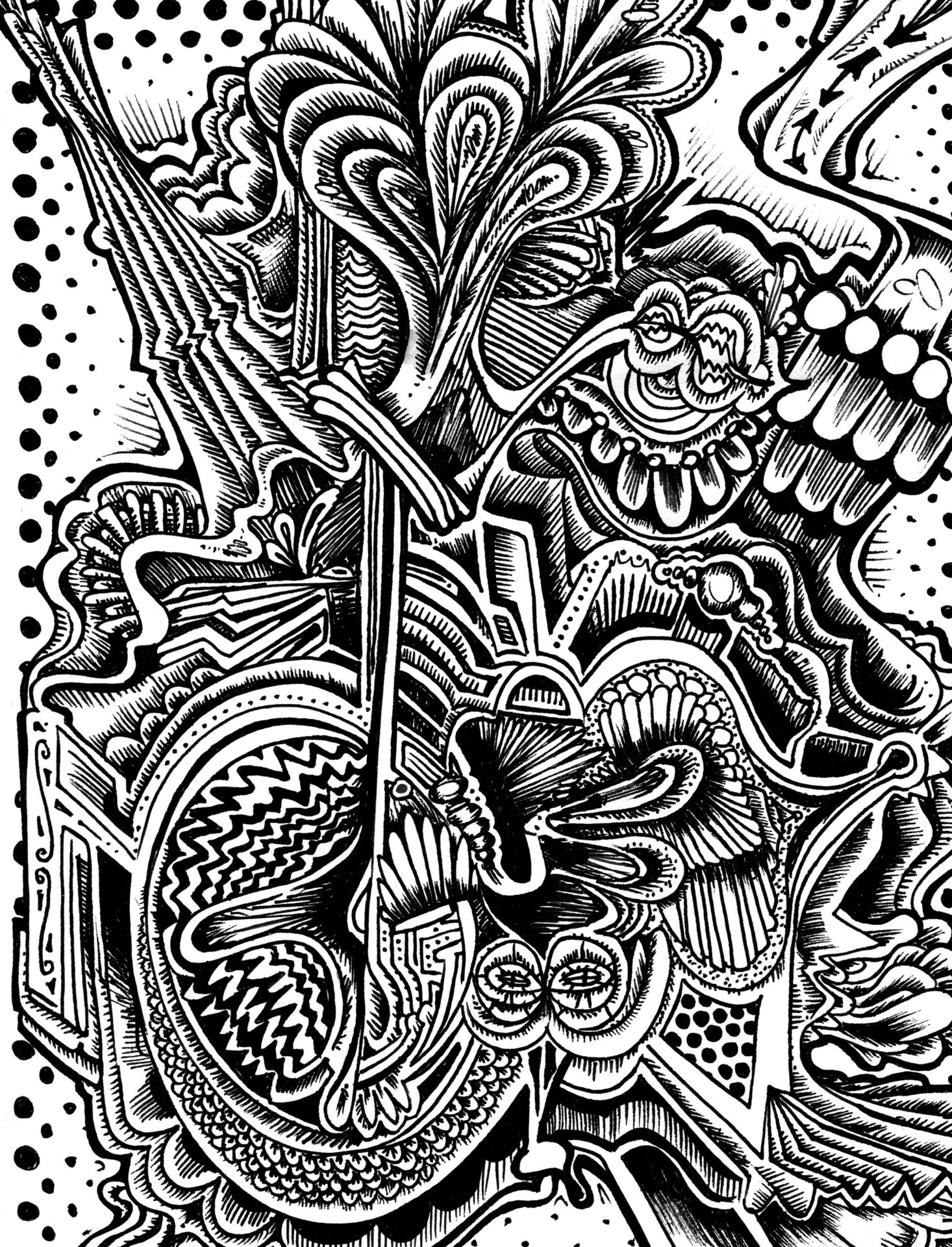An introduction to Thames Reach’s Social Inclusion Project
The Social Inclusion Project, as part of the Tenancy Sustainment Team, has seen fantastic results since it began in summer 2019. Lorraine is lead worker for the project, and tells us all about how the team are working to help people integrate back into their communities.

After sharing David’s story, many people were inspired by his recovery journey from social isolation. As part of the Tenancy Sustainment Team (TST) service at Thames Reach, the Social Inclusion Project provides a much-needed service to people moving on from street homelessness who need support in rebuilding their wellbeing and self-worth. We spoke with Lorraine, lead worker for the project, to learn more about how the service works and how it is improving the lives of vulnerable people moving on to the next stage of their recovery.
How does the Social Inclusion Project work?
We are funded by the Big Lottery and designed to work with people engaged with our Tenancy Sustainment Team (TST) service, who get referred to me if they are socially isolated and would like to address this. We work to help people feel less isolated so they can start to recover from their former situation and move forward with their lives; we build their self-esteem, get them involved with their communities, and help them build support networks. The whole aim of TST is to provide people with two years of support when in their accommodation after experiencing homelessness; we are helping them live independently and move forward. Our work helps vulnerable people live happier and more fulfilling lives.
What might the support on offer look like on a practical level?
It will look different for each person; for example people who have moved to a new area will want help integrating into the community; if someone is recovering from substance use we will help them build a new way of life. People may struggle with confidence for a range of reasons, often including low self-esteem, or poor mental or physical health.
Initially, we might help them with getting outside, maybe for a walk or a coffee, or visiting local attractions, then eventually some people will want to get into volunteering or training. Referring to other services is a big part of it too, such as peer support and befriending. We have also helped people get in contact with lost friends or family.
How long has the project been running and what changes have you seen?
We’ve been going for just over a year now, and it has ended up looking quite different to what I had originally expected. I work alongside each individual’s TST support worker to make sure we’re providing the best service, in a person-centred way. I myself visit each individual once a week.
How do you work with volunteers?
We have a small team of volunteers, who are committed to one full day a week; we provide lots of training and shadowing, and each volunteer has a small number of individuals they support. Our volunteers want to work with vulnerable people integrating into communities. One of our volunteers was lacking in confidence after having a child; after volunteering she went on to get a job in a care home and is now training to be a nurse. Another member of the team is doing it as part of a placement for her social care course.
What’s your greatest success story since the project began?
I think our greatest achievement is setting up a counselling service through EVOLVE Housing for people to access free of charge. EVOLVE initially provided the service as a pilot whilst we provided the physical space. The partnership has been very successful and between the two organisations we have agreed to continue this at a very low cost. We will soon be able to offer counselling to other people using our TST services too.


